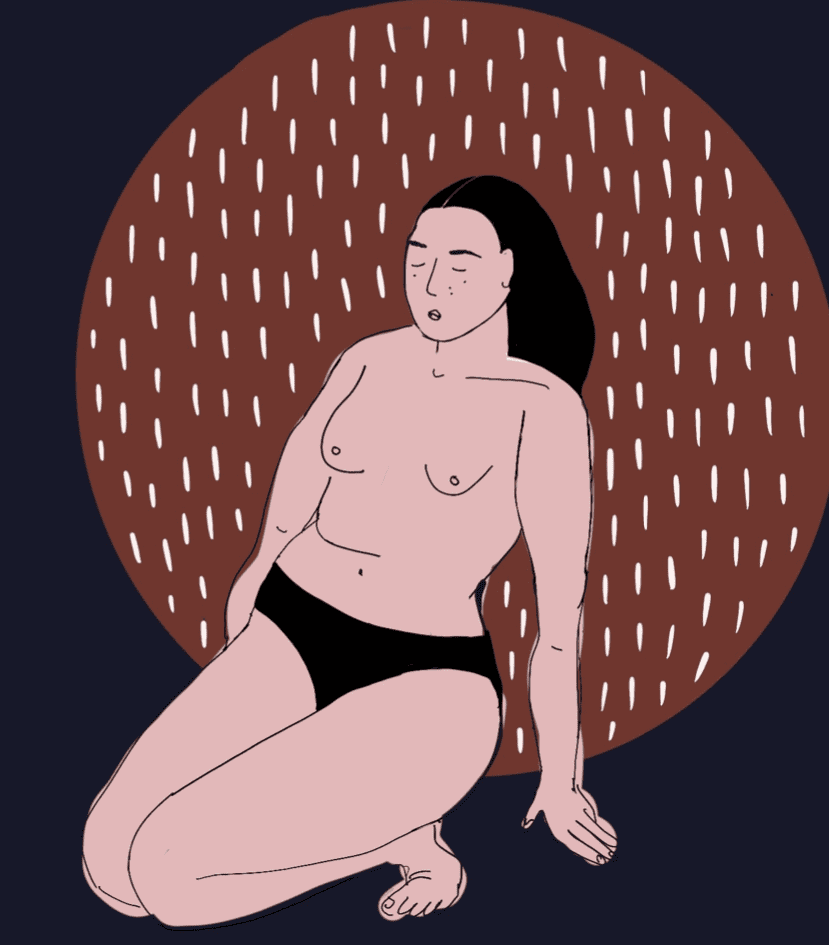CONTENT WARNING: Fatphobia, Discrimination
Body weight has long been a *hot topic*. With the popularity of BMI, mainstream media beauty ideals and a hyper-obsession with health, body weight has become associated with measuring how unhealthy or healthy we are. However, as radical as it may seem, fatness does not actually indicate health (shock horror!).
As an absolutely unqualified individual, these are my personal observations on how we can stop disguising our fatphobia as ‘concerns for health’ and actually be productive.
People are consistently guilty of using body weight as a sole indicator for how healthy an individual is. There are so many facets that influence our wellbeing – mental, emotional and physical health – yet we focus the blame on individuals who have differences we can physically see. This is not productive. Seeing fatness and automatically assuming unhealthiness is unfair, discriminatory and fatphobic. People of all shapes and sizes may have health issues. Hypothetically, I may have an hourglass figure and a small body (thanks to genetics) but I may eat fatty red meat regularly and smoke leading to a higher risk of heart dis- ease and other health issues. I may be thin but unable to walk up a hill without puffing, but my fat counter- part could hike without any issues. What I’m trying to say is your body’s ability, capabilities and health has no direct correlation to how many kilograms you weigh.
Unsolicited advice across the board is unhelpful. So what is? How can we be productive when discussing health? The most important thing, in my once again unprofessional opinion, is to avoid blame. Blaming people for how their body looks or functions is un- helpful for multiple reasons. A lot of health issues are not the fault of the person. New Zealand Massey University researcher Cat Pausé writes that the stigma fat people live under and the poor care they receive from their doctors are large factors for unhealthiness. The stress that comes with being discriminated against can cause chronic health problems such as, wait for it… high blood pressure, inflammation of the body and increased levels of cortisol! The very things fat-shamers seem so concerned about. Even the BMI, often quoted as a beneficial tool for deter- mining whether someone is over or underweight, is a flawed tool that does not indicate healthiness. Factors such as activeness, eating habits and sleeping habits are all better indicators of a person’s overall health. Even so what is considered exercise, healthy food and good sleep changes from person to person, so it’s important to remain subjective!
Yes, fatphobia is harmful and the practice of commenting on people’s weight is counterproductive to encouraging healthy living. So what is productive? It’s okay to wish good health on friends and family but how do we avoid shaming?
Firstly, stop looking at fat as permission to comment on health. Someone’s health is none of your business, and your perception of unhealthiness is unhelpful.
Secondly, talk about your own health! If you want to be having discussions about health, then start by talking about yourself. Open a dialogue with all your family and friends so they feel comfortable talking about their own health.
Thirdly, do your own research and see representations of fat people to break your stereotypes surrounding what it means to be fat. All shapes and sizes need the tools to take care of themselves and do what is best for them. What is important or healthy for one person is not the same for someone else, despite the belief in a ‘one-size fits all’ model surrounding health. Try not to be judgmental, listen to the people around you and re-examine your own ideas surrounding health.
Fat shaming is one of countless normalities that needs to be re-examined. We need to hold ourselves accountable before continuing a cycle of exclusion, guilt and shame. We all need to understand that everyone is entitled to a happy life regardless of our perception of their healthiness. After all, it’s none of your business.
We acknowledge the Ngunnawal and Ngambri people, who are the Traditional Custodians of the land on which Woroni, Woroni Radio and Woroni TV are created, edited, published, printed and distributed. We pay our respects to Elders past and present. We acknowledge that the name Woroni was taken from the Wadi Wadi Nation without permission, and we are striving to do better for future reconciliation.
